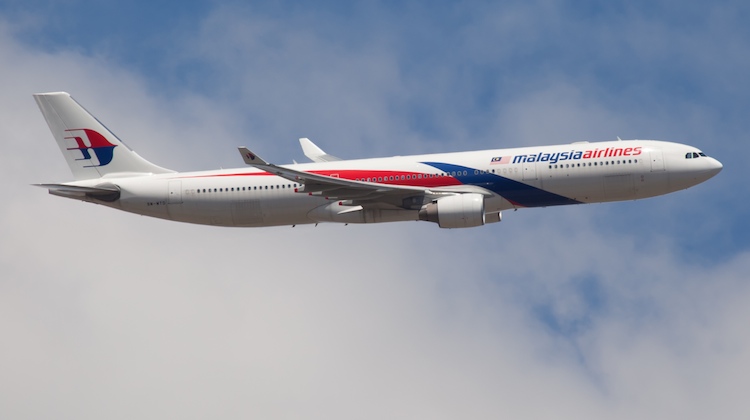
Malaysia Airlines (MAB) is searching for a new chief executive after announcing Christoph Mueller will leave the company in September for personal reasons.
Mueller, who started as chief executive in March 2015 and was appointed for a three-year term, was charged with turning around the loss-making carrier.
Since taking the job, the German has cut the workforce by 30 per cent, withdrawn older aircraft and dropped poorly-performing routes. MAB has also forged a new alliance with Emirates to boost its network to Europe, the Middle East and beyond as the airline focused on strengthening its presence in Asia Pacific.
Mueller said he was proud of what had been achieved so far in his time as chief executive.
“Unfortunately, personal circumstances will make it difficult for me to complete my full term,” Mueller said in a statement on Tuesday night.
“I am confident that the company is now on the right track to succeed in its next phase of growth under a new CEO.
“I remain fully committed to do everything possible to facilitate the continuing turnaround of Malaysia Airlines.”
MAB chairman Tan Sri Md Nor Yusof said Mueller would stay on the MAB board once he finishes up as chief executive to ensure an orderly transition to the new boss.
Meanwhile, chief operations officer Peter Bellew has been appointed to the board as an executive director.
“We are very disappointed to lose Christoph as CEO but we fully understand his reasons and respect his need to do this,” Yusof said.
“On behalf of the board, the management team and the employees, I want to thank Christoph for his immense contribution to the restructuring of Malaysia Airlines.”
Yusof said there were encouraging signs the airline was on the right path to recovery.
As part of a massive restructure of the loss-making carrier, which was hit with twin tragedies in 2014 when MH370 disappeared enroute from Kuala Lumpur to Beijing and MH17 was shot down over Ukraine while flying from Amsterdam to the Malaysian capital.
Malaysia Airlines was relaunched on September 1 2015 as a new company, Malaysia Airlines Berhad (MAB).
The “new” airline has a workforce of about 14,000, after 6,000 employees were made redundant as part of the transition from the old Malaysia Airlines System (MAS) to MAB.
The oneworld alliance member ended flights to Brisbane and and reduced frequencies to Perth, Sydney, Melbourne and Adelaide from its Kuala Lumpur hub as part of broader network changes in a bid to return the Malaysia flag carrier to profitability.
All Boeing 777-200ERs have also been withdrawn from the fleet. MAB has also ordered four A350-900s via leasing companies, with the first to arrive in the second half of 2017, and installed new business class seats on its Airbus A330 fleet.
In March, MAB said revenue per available seat kilometre (RASK) rose 10 per cent in the three months to February 2016, compared with the prior corresponding period, as the benefits of some network changes began to flow through to the bottom lone. Load factors were also up in the quarter.
Khazanah Nasional Berhad, Malaysia’s sovereign wealth fund and MAB’s sole shareholder, noted Mueller had fulfilled much of the five-year, 12-point Malaysia Airlines Recovery Plan (MRP) established in August 2014.
“Mueller has laid the groundwork, put in place a strong management team, and undertaken the necessary measures and initiatives that have produced encouraging signs of progress on Malaysia Airline’s path to recovery,” Khazanah said in a statement.
“While we would have wanted Mr Mueller to continue as planned, we also respect and ultimately agree to his decision to leave ahead of the end of his three-year contract, due to a change in his personal circumstances.
“Khazanah will continue to support and drive the recovery further in the remaining 40 months of the MRP.”





